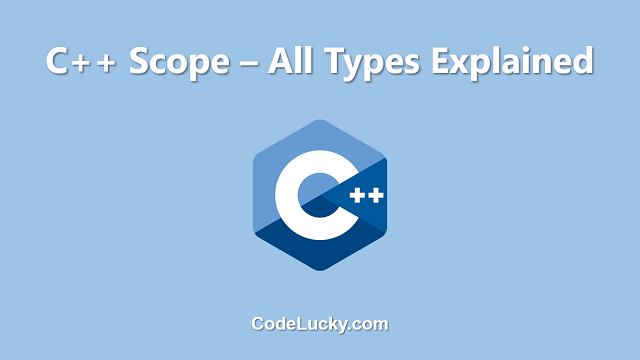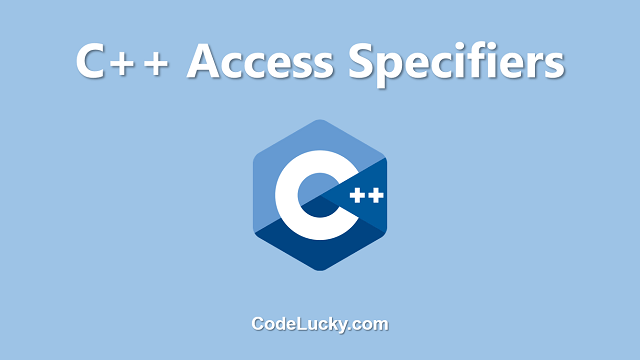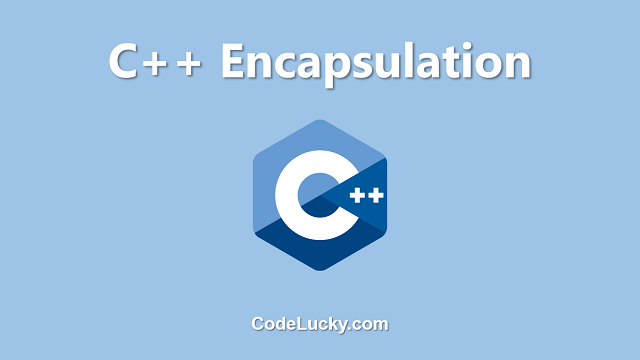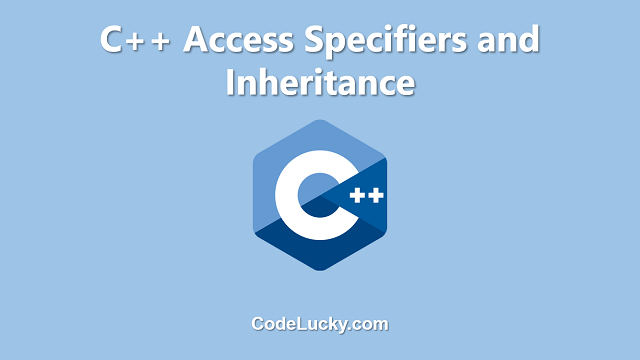In C++, scope refers to the region of the program where a variable or a function can be accessed. Understanding scope is crucial in C++ programming as it determines the visibility and lifetime of variables and functions, and can affect the behavior of the program. In this article, we will take a detailed look at the different types of scopes in C++ and how they can be used in software development.
Local Scope
Local scope refers to the region of the program within a function or a block of code. Variables declared within a function or a block of code has local scope and are only accessible within that function or block. For example:
#include <iostream>
int main() {
int x = 10; // x has local scope
{
int y = 20; // y has local scope
std::cout << x << " " << y << std::endl; // Output: 10 20
}
std::cout << x << std::endl; // Output: 10
// std::cout << y << std::endl; // Error: y is not accessible outside the block
return 0;
}
In this example, the variable x is declared within the main function and has local scope. The variable y is declared within a block of code and also has local scope. Both x and y can be accessed within the main function, but y is not accessible outside the block where it is declared.
Global Scope
Global scope refers to the region of the program outside of any function or block of code. Variables declared outside of any function or block of code have global scope and are accessible throughout the entire program. For example:
#include <iostream>
int x = 10; // x has global scope
int main() {
int y = 20; // y has local scope
std::cout << x << " " << y << std::endl; // Output: 10 20
return 0;
}
In this example, the variable x is declared outside of any function and has global scope. The variable y is declared within the main function and has local scope. Both x and y can be accessed within the main function and x can be accessed outside of the main function as well.
Function Scope
Function scope refers to the region of the program within a function. Variables declared within a function have function scope and are only accessible within that function. For example:
#include <iostream>
void myFunction() {
int x = 10; // x has function scope
std::cout << x << std::endl; // Output: 10
}
int main() {
myFunction();
// std::cout << x << std::endl; // Error: x is not accessible outside the function
return 0;
}
In this example, the variable x is declared within the myFunction function and has function scope. The variable x can be accessed within the myFunction function, but not outside of it.
Class Scope
Class scope refers to the region of the program within a class. Variables and functions declared within a class have class scope and are only accessible within that class and its objects. For example:
#include <iostream>
class MyClass {
public:
int x = 10; // x has class scope
void myFunction() {
std::cout << x << std::endl; // Output: 10
}
};
int main() {
MyClass obj;
std::cout << obj.x << std::endl; // Output: 10
obj.myFunction();
return 0;
}
In this example, the variable x and the function myFunction are declared within the MyClass class and have class scope. The variable x and the function myFunction can be accessed within the class and its objects, but not outside of it. In this example, we create an object of the MyClass class called obj and we are able to access the variable x and the function myFunction through the object.
Namespace Scope
Namespace scope refers to the region of the program within a namespace. Variables and functions declared within a namespace have namespace scope and are only accessible within that namespace. For example:
#include <iostream>
namespace myNamespace {
int x = 10; // x has namespace scope
void myFunction() {
std::cout << x << std::endl; // Output: 10
}
}
int main() {
std::cout << myNamespace::x << std::endl; // Output: 10
myNamespace::myFunction();
return 0;
}
In this example, the variable x and the function myFunction are declared within the myNamespace namespace and have namespace scope. The variable x and the function myFunction can be accessed within the namespace, but not outside of it. In this example, we use the scope operator (::) to access the variable x and the function myFunction within the myNamespace namespace.
Scope Resolution Operator
In C++, the scope resolution operator (::) is used to access variables and functions from a specific scope. For example, the global variable x can be accessed using the scope resolution operator as follows:
#include <iostream>
int x = 10; // global scope
int main() {
int x = 20; // local scope
std::cout << ::x << std::endl; // Output: 10 (global scope)
std::cout << x << std::endl; // Output: 20 (local scope)
return 0;
}
In this example, the global variable x is shadowed by the local variable x within the main function. To access the global variable x, we use the scope resolution operator :: before the variable name. This tells the compiler to look for the variable x in the global scope rather than the local scope.
Conclusion
In this article, we have discussed the different types of scopes in C++ and how they can be used in software development. Understanding scope is crucial in C++ programming as it determines the accessibility of variables and functions within a program. By understanding the concept of scope, developers can effectively organize and manage their code, which can lead to more efficient and maintainable programs. Additionally, the use of the scope resolution operator (::) allows developers to access specific scopes, which can be useful in situations where variable names are reused in different scopes. In conclusion, understanding scope and the use of the scope resolution operator is an essential aspect of C++ programming, and mastering these concepts can greatly improve the quality and efficiency of a developer’s code.







